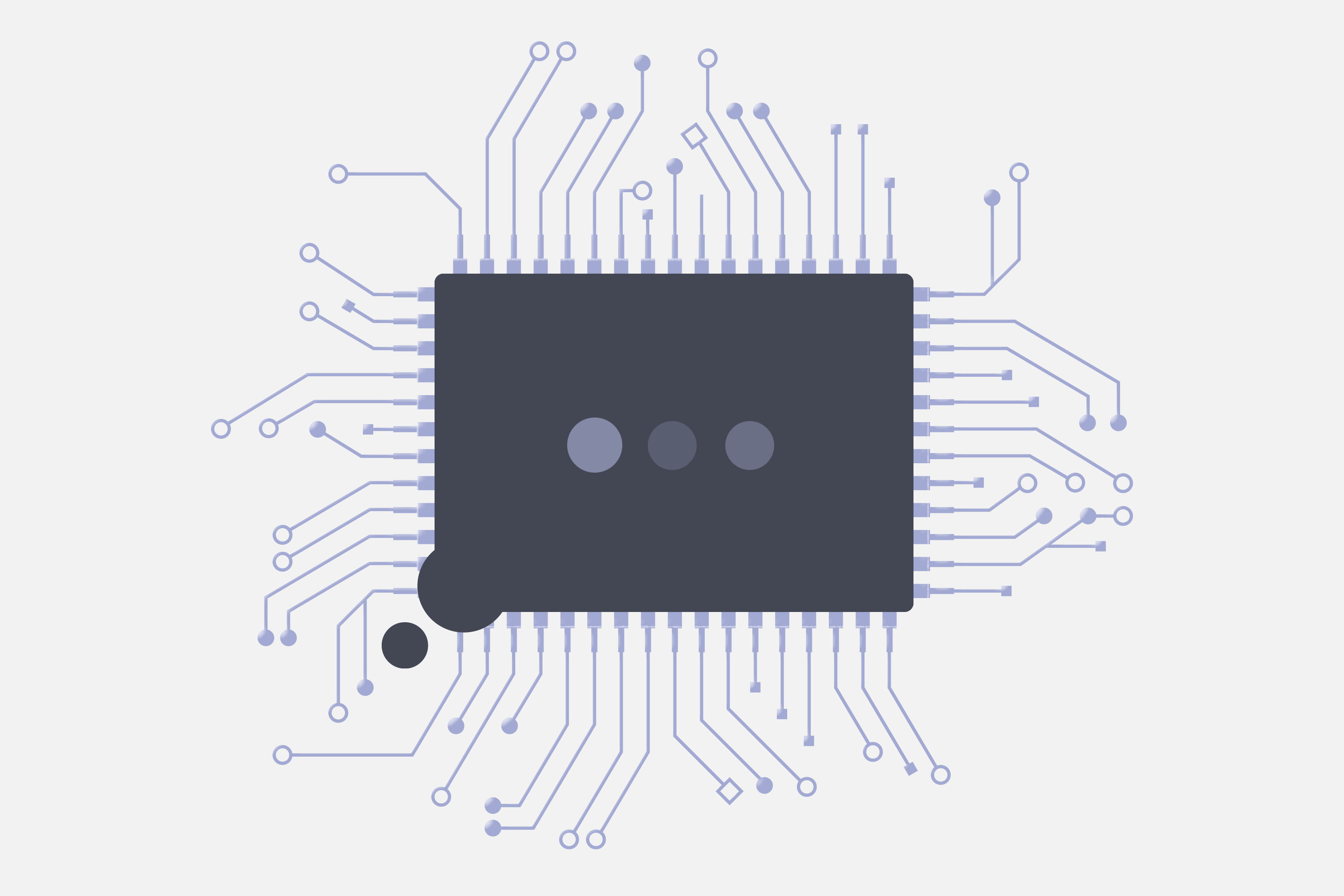Computers Aren’t Cure-All, but They Can Do Some Educational Tasks Better Than Teacher
- Share via
Michael Schrage’s arguments for keeping computers out of the classroom, “Nintendo Educators’ Ideas Don’t Compute” (Dec. 13), while containing some elements of truth, give the impression that computers are of little or no value in the education process.
Certainly there is no substitute for well-trained and caring teachers in supportive environments, as Schrage states. In many instances, however, computers can do a better job.
There is no point in wasting an instructor’s time conducting rote math or vocabulary drills for a roomful of students when a computer could do it on an individual basis. The student can work at her own pace, or at a pace pre-programmed by the instructor--according to the student’s abilities, the material or even the time of day. This frees instructors to provide more personalized attention where it is needed.
With authoritative commentary and high-definition video images, a student by computer can visit the Louvre or study a tide pool, or dissect a Beethoven symphony, including musical examples. The student can move back or forward in the lesson at will, to spend as much or as little time as desired on each section and to even take a quiz at the end. Few schools can afford to allow an instructor to give that kind of individual attention.
Schrage is right. We do have our priorities twisted. We are asking the wrong questions about how best to educate our young. In some respects, education is being forced to rely on technological solutions as a substitute for the support society is unwilling to give the education system--from kindergarten through the Ph.D. level. But to ban computers from the classroom is overkill and ignores a useful and valuable teaching tool.
DAVID CARLBERG
The writer is a professor in the department of microbiology at California State University , Long Beach .






